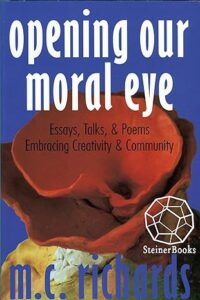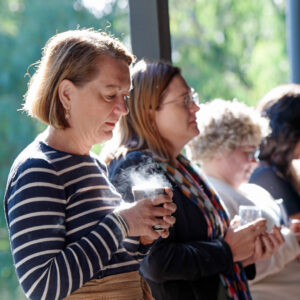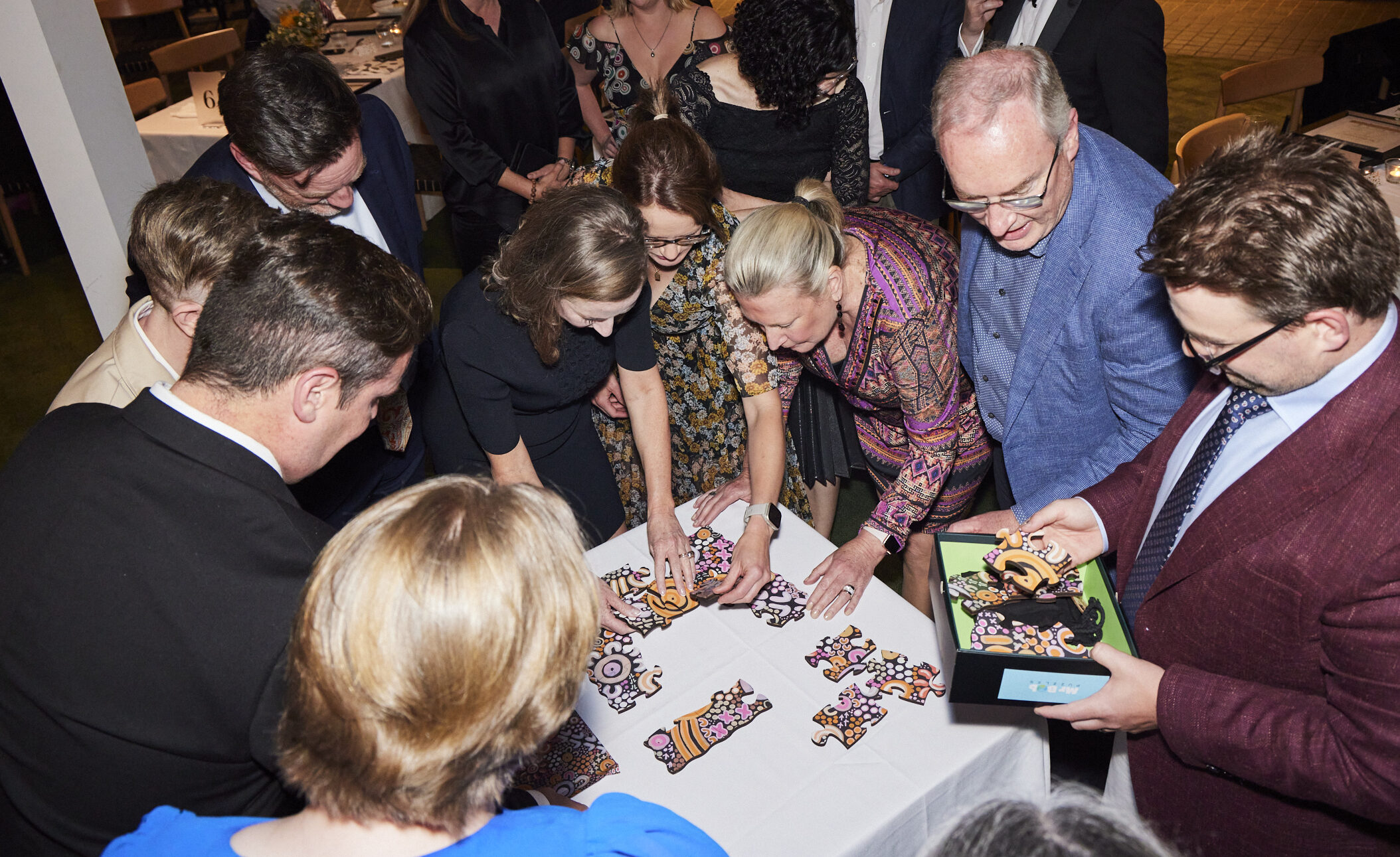Meet our 28th cohort of Fellows, plus read Dr Matt Beard’s retreat reflections
Recently we hosted the first retreat (one of two in-person retreats in the program) of the Vincent Fairfax Fellowship (VFF). The first retreat plays a vital part in the experience, leaving the Fellows with an expanded appreciation for the learning ahead and the humans who they will form meaningful relationships with throughout the year.
Each retreat takes place somewhere beautiful in regional Australia, enabling the Fellows to use the extra space and fresh air so they can separate from their day-to-day. We won’t try and tell you everything that goes into a retreat – the breakthroughs, friendships formed and ‘a-ha’ moments are difficult to summarise and personal to each participant, but in this article you can read VFF Director, Dr Matt Beard’s perspective on the week that was.
But before we take you back to the Yarra Valley, we are pleased to introduce our astounding 28th cohort in the Vincent Fairfax Fellowship.
Retreat recap
“I’m writing this having recently returned from the first retreat with this year’s cohort of Vincent Fairfax Fellows…
We gathered on Wurundjeri land in the Yarra Valley, where alongside the eucalypts, kangaroos and the occasional brown snake, we spent in reflection, discussions and activities, all focussed on the core theme of the retreat: Opening the moral eye, a phrase drawn from the work of American poet and essayist Mary C. Richards,
“My hunch is that morality is a strong sense of connection that is built in, as are connections themselves, and that the moral imagination may be awakened as the sense of wholeness is awakened.
Our moral eye is the organ which understands connections between things, understands consequences, and attempts to maintain its commitment to the life of nature and humanity.”

The purpose of this retreat is for the Fellows to recognise the critical role that moral imagination plays in the exercise of leadership. Throughout the week, sessions were designed to expand their understanding of what it means to practise ethical leadership, and what it means to attend to the ethical components of a problem.
Crucially it was also to expand the Fellows’ understanding of what they can offer to one another. They arrived with a sense of each other as participants in a learning program; they left as a group of deeply connected peers, committed to supporting each other in their daily challenges.
Some of the highlights included:
- A deep-dive into Indigenous approaches to ethics and leadership, through an evening dialogue with Worimi Elder and Deloitte Integrity partner Deen Sanders OAM. Deen returned after delivering a session to last year’s cohort, and spent Monday and Tuesday with the Fellows, helping them consider an alternative perspective on a range of ethical challenges.
Deen is both an Indigenous loreman with significant cultural knowledge and responsibility and an experienced regulator, lawyer and consultant. He was able to show how Indigenous thinking is both sophisticated and practical in helping to better understand and address significant leadership challenges.
Deen invited our Fellows to consider embracing ‘responsibilities over rights’ in their approach to leadership, and consider how their decisions ‘contribute to the health of the whole system’. The two phrases echoed in discussions throughout the week, long after Deen had left. - Ethical simulations where our capable, committed leaders were unwittingly led to recreate some famous ethical failures – the NASA Challenger explosion and the Upjohn Corporation’s Panalba drug scandal. These sessions helped leaders recognise how easily it is to slip into thinking patterns and practices that drive ethical failure, and recognise the steps they can take to make themselves and their organisations more resistant to those temptations.
- A visit from Belinda Duarte, a graduate of VFF Cohort 26 and the leader of Culture is Life, who shared her stories of moral challenge, leadership and how her connection to her personal and cultural history provides her with the courage she needs to stand for her values, even in the face of immense social and political pressure. In Belinda we have a walking, talking embodiment of Sir Vincent’s spirit of what it means to be a “perfect nuisance” with passion and grace.
- Storytelling sessions throughout the week, including a facilitated workshop on identity, storytelling and anthropology with Monty Badami, as well as personal storytelling sessions where Fellows talked about challenges they’d faced in their own careers. Some of these stories have never been told, and speak to the generosity of our Fellows – both to offer what they’ve learned to the benefit of others, and to listen with compassion, curiosity and without judgement.
- A final-day session, where Fellows discussed the ethical challenges that were waiting for them when they returned home. In debriefing the closing session, several Fellows were moved to tears – both reflecting on the relief they felt at having a sense of clarity about what to do next; and a sense of pride at being able to support each other to make such powerful discoveries.

Experiences like these confirm the power of this program to be a source of lifelong transformation for Fellows.
They’re also a powerful reminder for all leaders of the importance of a ‘third space’ for reflection, personal and professional development.
As responsibilities increase, it’s common to see these things as ‘luxuries’, but to properly exercise your responsibilities, these are absolute essentials.
There are moments in every Fellowship that are hard to convey. Thanks to Matt for helping us capture some of it in words.
To stay up to date with the Fellow’s time in the Vincent Fairfax Fellowship and to find out more about the program including how to register for 2025, we recommend you follow Cranlana’s LinkedIn and sign up to our mailing list, if you haven’t already.
If you’re ready to add yourself to the list of potential Fellows for 2025, you can fill out an Expression of Interest to receive resources that will help you prepare for when the VFF applications open later in the year.
The Vincent Fairfax Fellowship is offered in partnership between Cranlana Centre for Ethical Leadership, The Vincent Fairfax Family Foundation, Monash University and The Myer Foundation.
Share This Story
Related articles
The Cranlana Method
We don’t teach leadership skills. Instead, we help leaders apply the skills they already have more wisely – by building clarity of purpose and ethical courage. Drawing on a rich history of philosophical wisdom, they encourage fresh and considered approaches to challenges – offering insights that, for many participants, will fundamentally transform their concept of leadership. Our courses are dialogue-based and immersive, bringing small groups of high-level leaders together for discussions that are wide-ranging and expertly guided. They are rigorous, in-depth and practical, providing high-level learning experiences and understanding to strengthen your capabilities as an effective and ethical leader.
Interested in discovering more?




